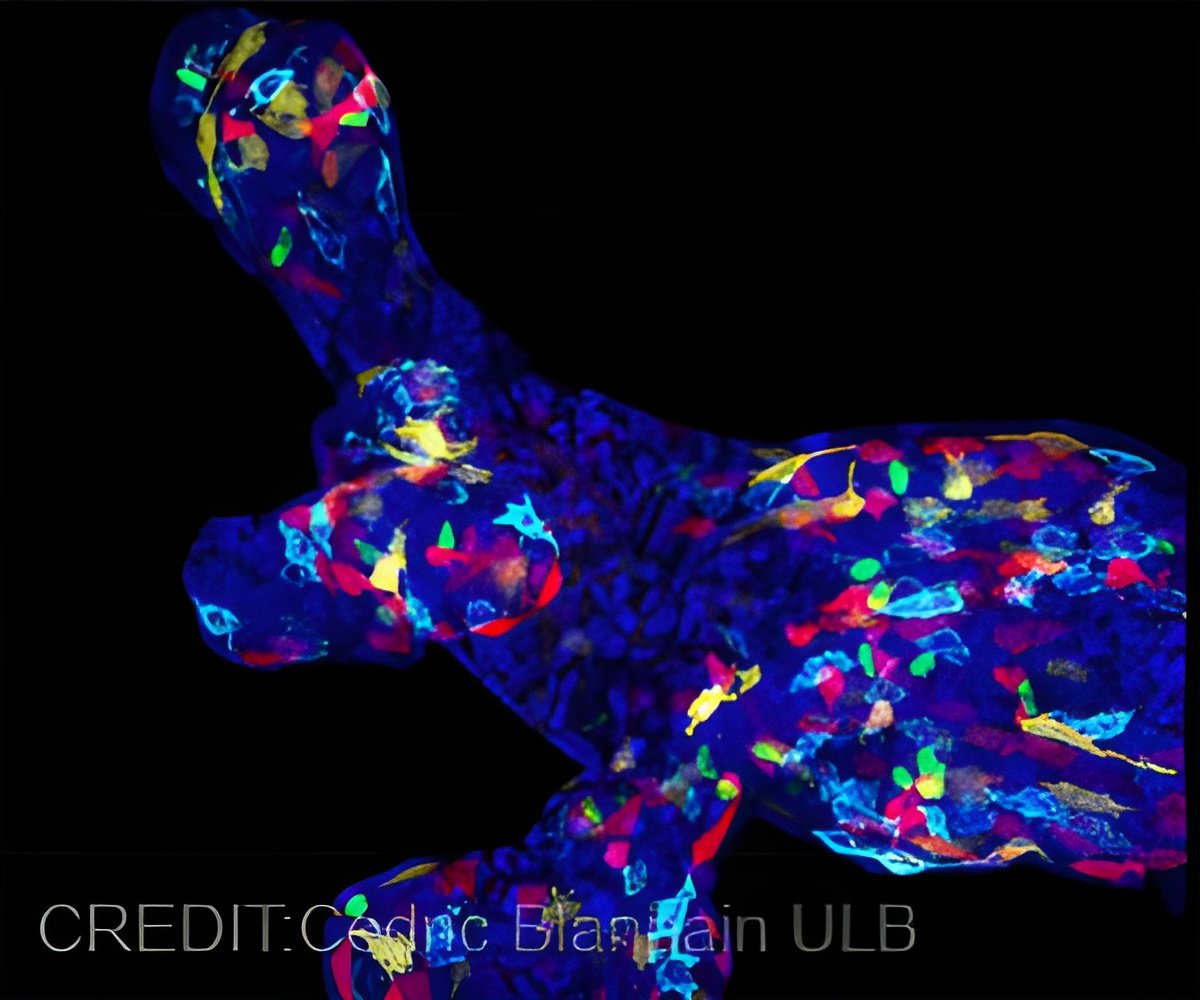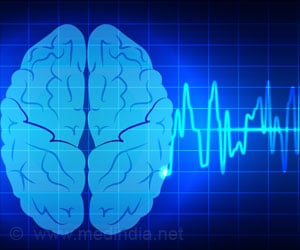
‘Mammary glands have been found to initially develop from multipotent progenitors cells during the early steps of embryonic mammary gland morphogenesis whereas postnatal mammary gland development is mediated by lineage-restricted (restricted by hereditary factor) stem cells.’
Tweet it Now
During pubertal mammary gland expansion and adult life, distinct pools of unipotent stem cells replenish the basal and luminal lineages independently of each others. However, it remains unclear how mammary gland initially develops. Are embryonic mammary gland progenitors multipotent, meaning that their progenitors are capable of giving rise to both basal and luminal cells? If so, when does the switch from multipotency to unipotency occur? And what are the molecular mechanisms that regulate multipotency and basal and luminal lineage segregation?In a new study published in Nature Cell Biology, a research team led by Prof. Cédric Blanpain, MD/ Ph.D., WELBIO investigator and Professor at the Université libre de Bruxelles, Belgium, identified the mechanisms that regulate mammary gland development. Using a combination of lineage tracing, molecular profiling, single-cell sequencing and functional experiments, Aline Wuidart and colleagues demonstrated that mammary gland initially develops from multipotent progenitors during the early steps of embryonic mammary gland morphogenesis whereas postnatal mammary gland development is mediated by lineage-restricted stem cells.
To understand the molecular mechanisms regulating multipotency during embryonic development, the researchers developed a novel strategy to isolate embryonic mammary gland stem cells, and assessed for the first time their molecular features using single-cell sequencing in collaboration with Thierry Voet group, KUL/Sanger Institute. Interestingly, only embryonic mammary gland progenitors and not adult cells, expressed a hybrid transcriptional signature comprising markers for both luminal and basal lineages, explaining their multipotent fate at this stage of embryonic development. Breast cancer is the most common cancer among women. By analyzing the early steps of breast cancer formation, Alexandra Van Keymeulen and Cédric Blanpain previously demonstrated that the expression of one of the most frequently mutated genes in patients with breast cancers reactivates a multipotent program in adult unipotent stem cells.
In this new study, the researchers show that embryonic mammary gland progenitors express the same genes than during the reactivation of multipotency associated with breast cancer development. "It was really interesting to see that many genes found to be specifically expressed by embryonic mammary gland progenitors are expressed in aggressive human breast cancers with poor prognosis, further suggesting that the reactivation of a gene expression program characteristic of embryonic mammary gland during tumorigenesis is essential for cancer growth and invasion." Comments Cédric Blanpain, the senior author of this study.
In conclusion, this new study identifies multipotent embryonic stem cells of the mammary gland, uncovers the molecular features associated with embryonic multipotency and identifies the molecular mechanisms regulating the switch from multipotency to unipotency during mammary gland development. The paradigm uncovered in this study has important implications for the understanding of the development of other glandular organs and tissues such as the prostate that present similar developmental switch. Finally, the mechanisms uncovered here have also implications for cancer development and progression.
Advertisement














